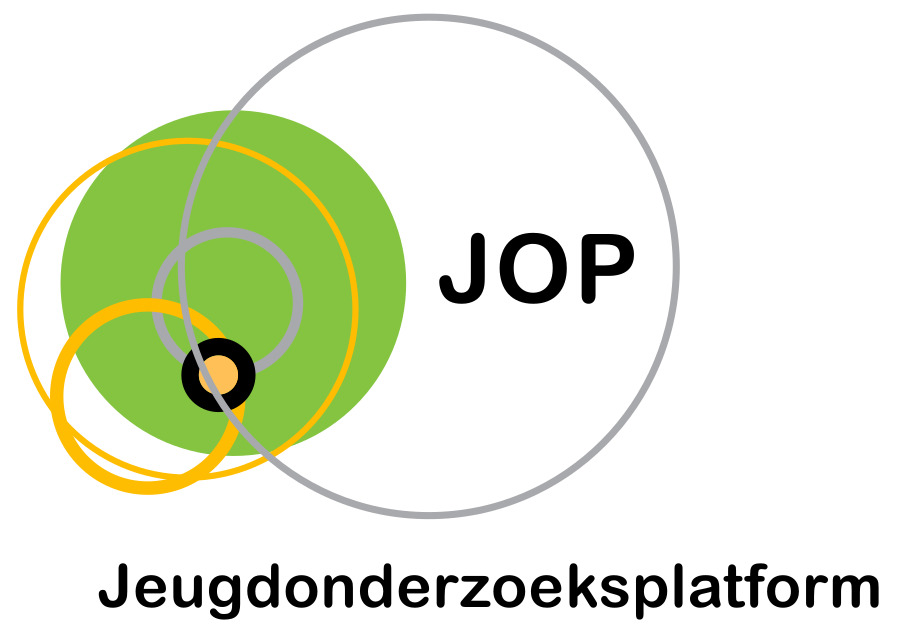The ethnic prejudice of Flemish pupils : the role of pupils’ and teachers’ perceptions of multicultural teacher culture.
Auteurs
Vervaet, R., Van Houtte, M., & Stevens, P. (2018).

Abstract
Nederlands
In deze studie wordt gekeken naar de relatie tussen multicultureel onderwijs en de etnische vooroordelen van leerlingen. Multicultureel onderwijs wordt door de onderzoekers opgevat als de mate waarin informatie en data uit een verscheidenheid aan culturen wordt aangehaald om belangrijke lesinhoud te illustreren. De onderzoekers vertrekken vanuit de hypothese dat meer multicultureel onderwijs samenhangt met minder etnische vooroordelen bij de leerlingen. Als mediërende variabele wordt de perceptie van de leerkracht door leerlingen meegenomen. Multilevel analyses werden uitgevoerd op surveydata van 2083 leerlingen en 636 leerkrachten in 40 Vlaamse middelbare scholen. De voornaamste conclusie is inderdaad dat multicultureel onderwijs leidt tot minder vooroordelen; de mate van vooroordelen wordt ook gemedieerd door de leerling-perceptie op multicultureel onderwijs. Met andere woorden: leerlingen moeten zich er bewust van zijn, wil multicultureel onderwijs een effect hebben op de attitudes van leerlingen. De onderzoekers stellen dat het belangrijk is om deze percepties mee te nemen in toekomstig onderzoek, net als meer macrofactors, als men etnische vooroordelen beter wil begrijpen.
Engels
Background/Context: As a result of migration processes, schools in Flanders (the Dutchspeaking region of Belgium) are notably ethnically diverse. This evolution has coincided with an increasing number of studies focusing on ethnic minority pupils’ experiences of ethnic prejudice from their ethnic majority counterparts.
Purpose/Objective/Research Question/Focus of Study: Taking into consideration the lack of research on the importance of cultural school features for students’ ethnic prejudice, this study investigates the association between a multicultural teacher culture and the ethnic prejudice of Flemish secondary school pupils. In addition, the analysis tests the mediating role of pupils’ perceptions of the multicultural educational practices of teachers and controls for individual and school characteristics that have been shown to be related to ethnic prejudice.
Population/Participants/Subject/Research Design: Multilevel analyses were carried out on data of 2083 Flemish pupils and 636 teachers in 40 secondary schools, collected by means of a written questionnaire. Findings/Results: The main finding of this study is that a more multicultural teacher culture is associated with reduced ethnic prejudice among Flemish pupils. However, the association between a multicultural teacher culture and pupils’ ethnic prejudice is mediated by pupils’ perceptions of multicultural teaching.
Conclusions/Recommendations: These findings highlight the importance of including macro factors, individual variables and their interdependence when explaining ethnic prejudice. The findings also show that what matters most for reducing prejudice among pupils is not what teachers claim they do in terms of multicultural teaching, but pupils’ perceptions of what their teachers do in practice
Referentie
Vervaet, R., Van Houtte, M., & Stevens, P. (2018). The ethnic prejudice of Flemish pupils : the role of pupils’ and teachers’ perceptions of multicultural teacher culture. Teachers College Record, 120(5).
Taal
Engels
Publicatievorm
Tijdschriftartikel
Trefwoorden
Etnische vooroordelen; multiculturele leerkracht cultuur; etnische school samenstelling; leerlingen perceptie op multicultureel onderwijs
